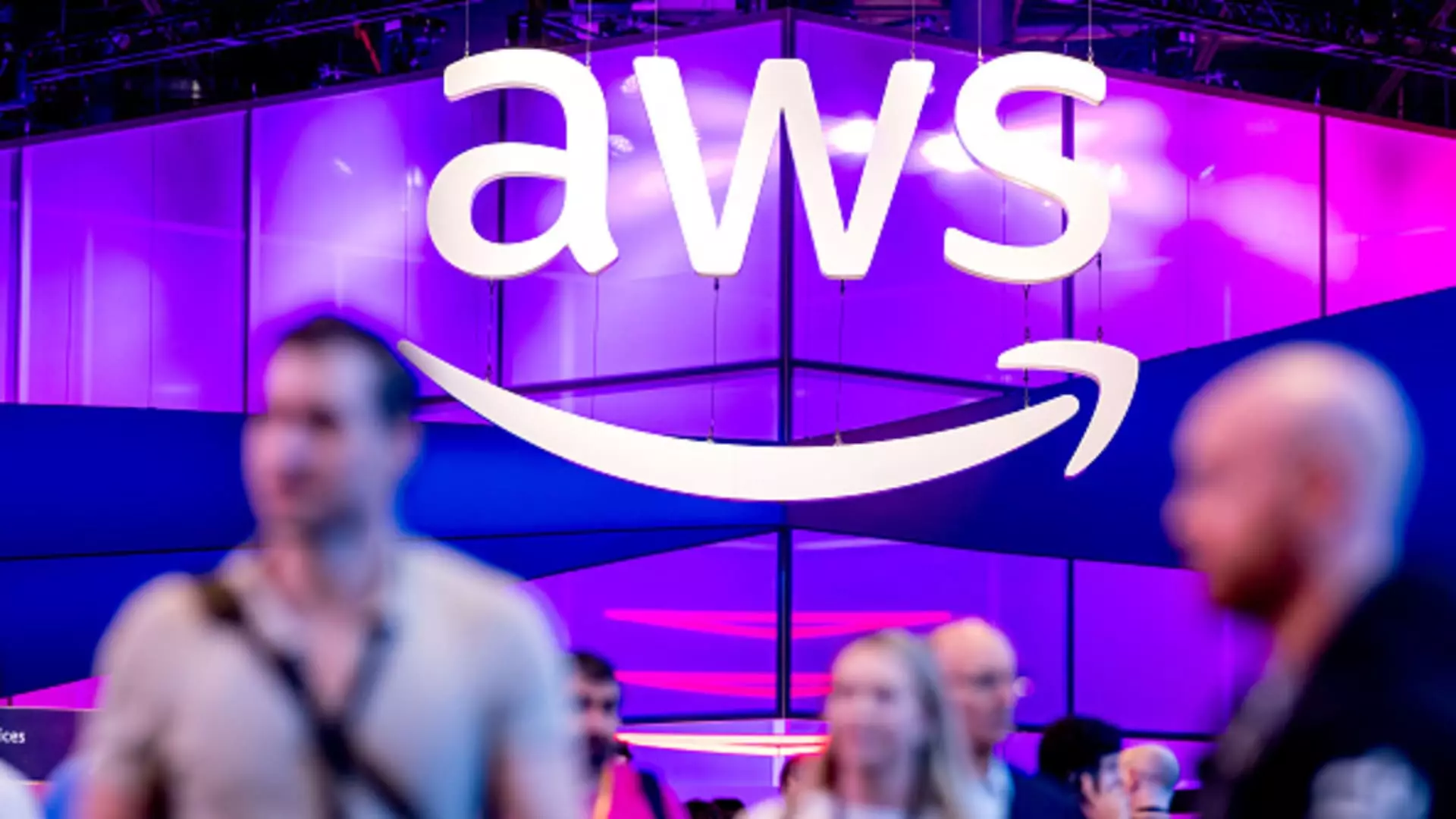The towering dominance of Microsoft and Amazon in the cloud computing industry is not just a matter of market leadership; it’s a reflection of a distorted landscape where a handful of corporations wield undue influence. While these tech behemoths have undeniably fueled innovation and connectivity, their entrenched market power now threatens the very foundations of fair competition. As the UK’s Competition and Markets Authority (CMA) highlights, the prevailing structure favors giant firms with significant unilateral control, creating barriers that prevent newer or smaller players from entering or thriving in this crucial sector. This imbalance does not merely threaten consumer choice but risks consolidating a monopolistic environment detrimental to long-term technological progress and economic diversity.
The concern is not merely hypothetical; it’s supported by concrete market share statistics. With approximately 30% to 40% of the infrastructure-as-a-service (IaaS) market, Microsoft and Amazon have cemented their positions as gatekeepers to the backbone of digital transformation. Their strategic muscle, combined with practices like lock-in mechanisms and licensing practices favoring their own offerings, stifles competition and innovation. This concentrated power not only limits options for businesses but also fosters complacency, as dominant players may have less incentive to innovate or improve pricing transparency.
Unfair Practices and the Illusion of Choice
One of the most troubling aspects of this market dominance is the subtle, yet powerful, strategies that perpetuate dependence on these giants. For businesses, particularly those seeking to switch cloud providers, barriers such as egress fees and unfavorable licensing terms turn what could be rational decision-making into a bureaucratic nightmare. These practices effectively lock clients into contracts, making it financially and operationally burdensome to explore alternatives. The result is a marketplace where choice is dismantled in favor of long-term commitments that serve the interests of the dominant providers.
Microsoft’s licensing policies epitomize this challenge, with costs for deploying Windows Server on Azure often being lower than on competing platforms—a tactic that discourages migration and promotes vendor lock-in. Meanwhile, Amazon’s stance dismisses the CMA’s concerns, arguing that regulation could undermine the UK’s business environment, but this dismisses the core problem: when a few firms control the ecosystem, competitive tension diminishes, and innovation stalls. An environment free of these restrictions fosters not only healthier competition but also higher service quality, better prices, and more innovative offerings.
Regulatory Intervention as a Catalyst for Change
The UK’s decision to delve deeper through the Digital Markets, Competition and Consumers (DMCC) Act signals a pivotal shift from passive observation to proactive intervention. Recognizing Microsoft and Amazon as potential strategic market players opens the door for targeted regulatory measures, which could recalibrate the power imbalance. This is a necessary step to prevent the kind of entrenched market dominance that has historically led to complacency, stifled innovation, and consumer disadvantage.
The European Union’s introduction of the Digital Markets Act (DMA) serves as an illustrative precedent—an example of how regulation can foster a more level playing field. It aims to inhibit anti-competitive practices by large firms and ensure greater fairness, transparency, and choice. The UK’s move to investigate these tech giants emerges as both a strategic and moral imperative to uphold market integrity. But regulation alone is not enough; the true challenge lies in its enforcement and in creating an ecosystem where new entrants and smaller firms can genuinely compete on equal footing.
Furthermore, it’s essential to recognize the broader implications of this dominant control—beyond economics and competition—to issues like technological sovereignty and innovation dynamism. When giants like Microsoft and Amazon prioritize their own interests, they risk stifling alternative viewpoints, emerging methodologies, and cutting-edge research. The UK’s decisive stance could set a precedent, emphasizing that in the digital economy, nobody should wield unchecked power at the expense of broader societal benefits.
The question remains: Will these regulatory actions be enough to dismantle the barriers erected by tradition and market supremacy? Or will they merely serve as temporary measures in a landscape that continues to be shaped by the relentless expansion of corporate giants? The urgency lies in recognizing that true technological progress cannot be achieved under the shadow of monopolistic dominance. Rebalancing power in cloud computing isn’t just about fairness—it’s about securing the future of innovation and choice for businesses and consumers alike.

